Author Thomas Wolfe opined, more than 80 years ago, that “you can’t go home again.”
Middle Tennessee State University alumna, award-winning language and literature professor and new College of Liberal Arts dean Leah Tolbert Lyons has, with gusto — and she’s thrilled at what’s ahead as she embarks on her first full academic year in the role.
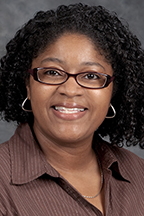
Lyons, a Murfreesboro resident, first came to MTSU in 1990, set on earning a Bachelor of Arts degree with a dual major in French and English, the languages her childhood teachers used to stoke her fire for learning.
Choosing to help others fuel their own fires, Lyons earned a doctorate in French literature at Vanderbilt University. She returned to MTSU in 2001 to teach French language, literature and film, including content from West Africa and the Caribbean, and to work toward more diversity in the classroom.
She also moved into education administration, completing intensive leadership training in 2017 from the Higher Education Resource Services organization and directing MTSU’s Master of Arts in Liberal Arts program for two years. Lyons became associate liberal arts dean in 2019, and by early 2021, she was interim dean.
In 2020, Lyons received one of the university’s most cherished honors: the John Pleas Faculty Recognition Award, presented each year during Black History Month to salute professors for their excellence in teaching, research and service.
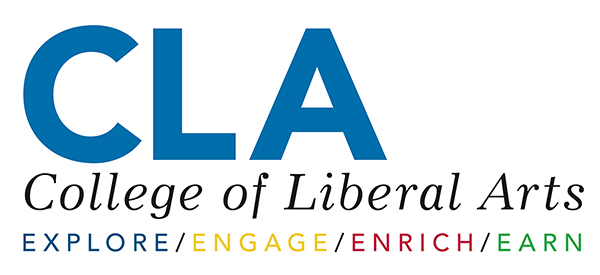
In February 2022, Lyons won what University Provost Mark Byrnes described as “a highly competitive national search” and was appointed dean of the College of Liberal Arts, which incorporates 11 departments ranging from art, dance and languages to global studies, sociology and political science and offers more than 20 academic majors.
Seventy-four percent of the university’s Fulbright Scholars are liberal arts students, and the college’s majors earn nearly half of all national undergraduate fellowships at MTSU.
The college also is home to seven of MTSU’s nationally recognized learning centers and institutes showcasing the breadth of its specialties, including the Albert Gore Research Center, the Center for Historic Preservation, the Forensic Institute for Research and Education and the Tennessee Governor’s School for the Arts.
The college also features academic centers to serve all students: the Margaret H. Ordoubadian University Writing Center, the Middle East Center and the Women’s and Gender Studies Program.
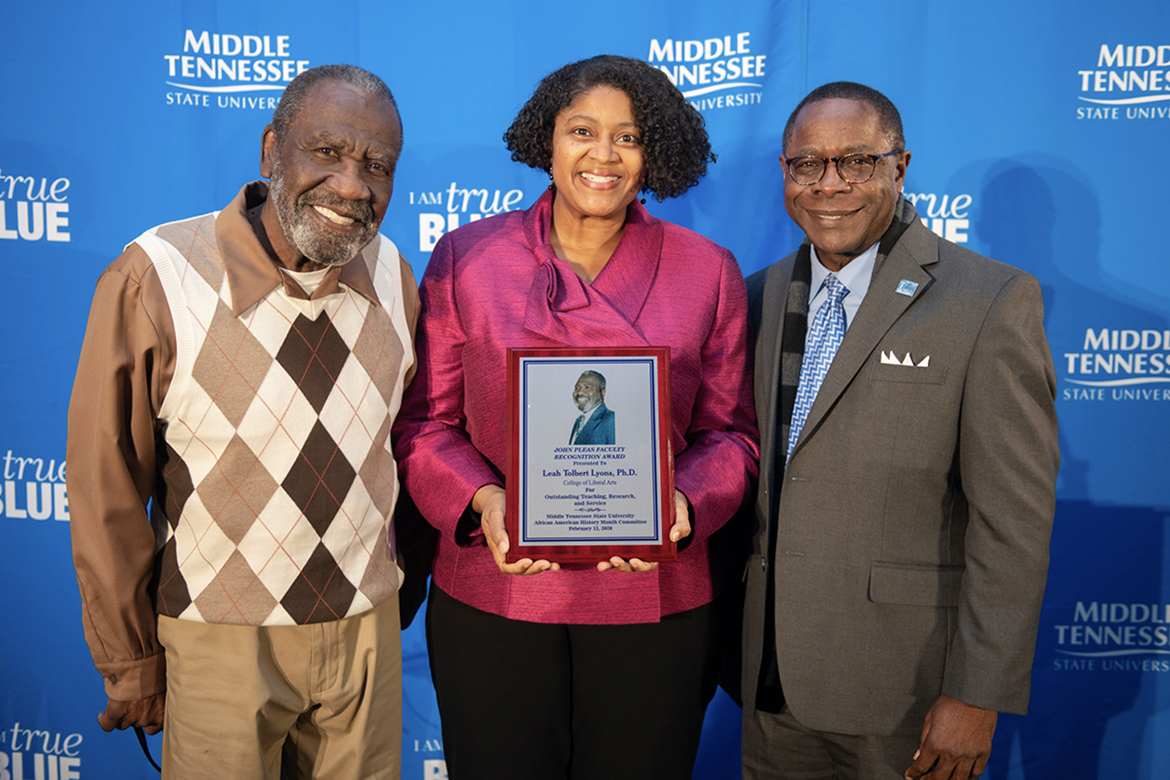
Lyons recently discussed how MTSU’s College of Liberal Arts, or CLA, continues to develop to serve a growing and diversifying student body and community.
Q: How has working within the College of Liberal Arts at MTSU changed your perspective on how students can learn within and use its disciplines?
A: I started my career more than 20 years ago as a lecturer. Working in CLA at MTSU has affirmed my perspective that liberal arts students can do anything! Their potential is limitless. In the liberal arts, we focus on the foundational skills that transform students’ lives. We prepare students not only for their first career but for their second, third and any subsequent careers.
With liberal arts skills such as critical thinking, creativity, communication and problem-solving, students can tackle the myriad challenges facing our world. In liberal arts, we are lifelong learners. We not only have natural curiosity, but we have developed the skills to find the answers we seek and to teach ourselves how to approach the tasks before us.
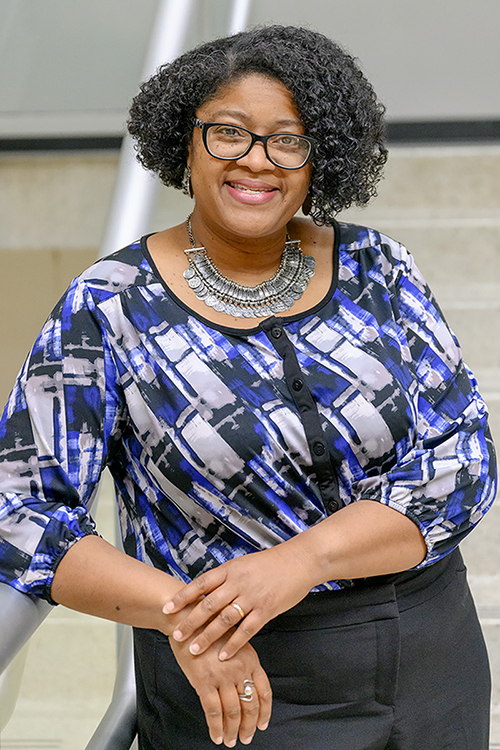
Q: How has the perception of liberal arts changed from your student days to your teaching days, and how has that informed your leadership as dean?
A: When I was a student majoring in French and English, I concentrated on literature and film because that is what interested me. Even during my year studying abroad in France, I took literature and film classes at the French university where I was enrolled. I was not focused on liberal arts per se; I was focused on developing my analytical skills, considering how to work as an effective part of a team, learning to be a better writer. Of course, I was honing my liberal arts skills.
My goal as a professor — and more so now as dean — is to help students understand what skills they gain through the liberal arts and how valuable a liberal arts education is. When our students graduate, they are prepared to work in various sectors. When you look at successful people in all areas of public life, you almost always find liberal arts in their background.
Q: What’s the greatest benefit of a liberal arts education at MTSU? How are we balancing that with an education in the sciences?
A: It is difficult to identify the greatest benefit of a liberal arts education because there are so many! If I were to narrow it down to one, I would say it is the ability to evaluate situations from multiple perspectives. When you can see all sides of an issue, you are better positioned to address the issue cohesively: articulate the issue, formulate an opinion, anticipate counterarguments and present your argument with confidence. If you need to research the issue, you are equipped to do that. If you need to contextualize the issue, you can do that. If you are called upon to project what might happen in the future regarding that issue, you can do that.
In terms of how that relates to the sciences, scientists often are looking for the answer to a single question, and they do that through a particular lens. That is not to say that scientists cannot or do not think broadly; we have social sciences within the liberal arts. It is to say, however, that the way of addressing problems is different. That’s why other disciplines are so well-complemented by the liberal arts. With the focus on creativity, social concerns, questions of ethics and the human condition, the liberal arts help bring balance to other disciplines and balance in life.
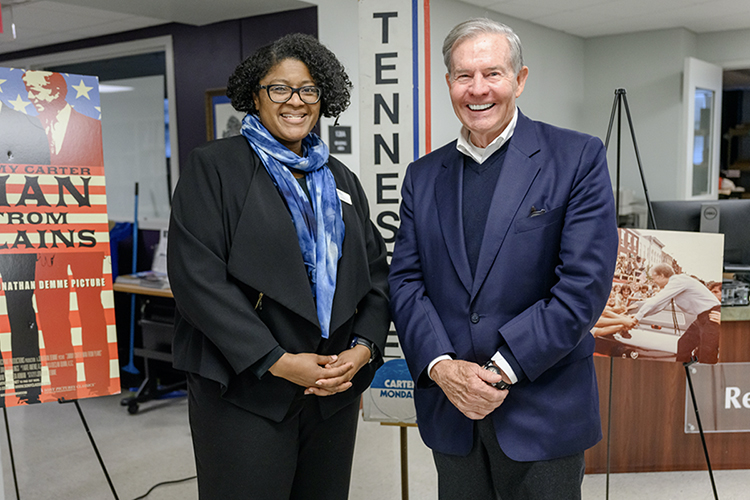
You can hear more from Lyons about what a liberal arts education can do in the video below, recorded just after her appointment as interim CLA dean.
More information about the programs, services and people of the College of Liberal Arts at MTSU is available at www.mtsu.edu/liberalarts.
— Gina E. Fann (gina.fann@mtsu.edu)
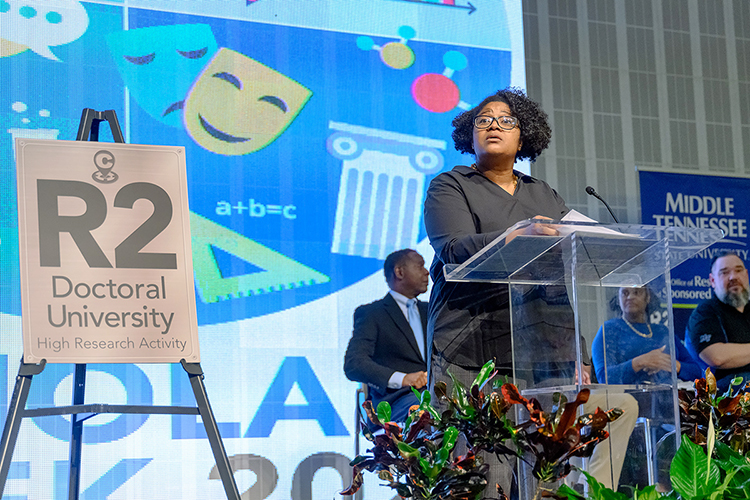

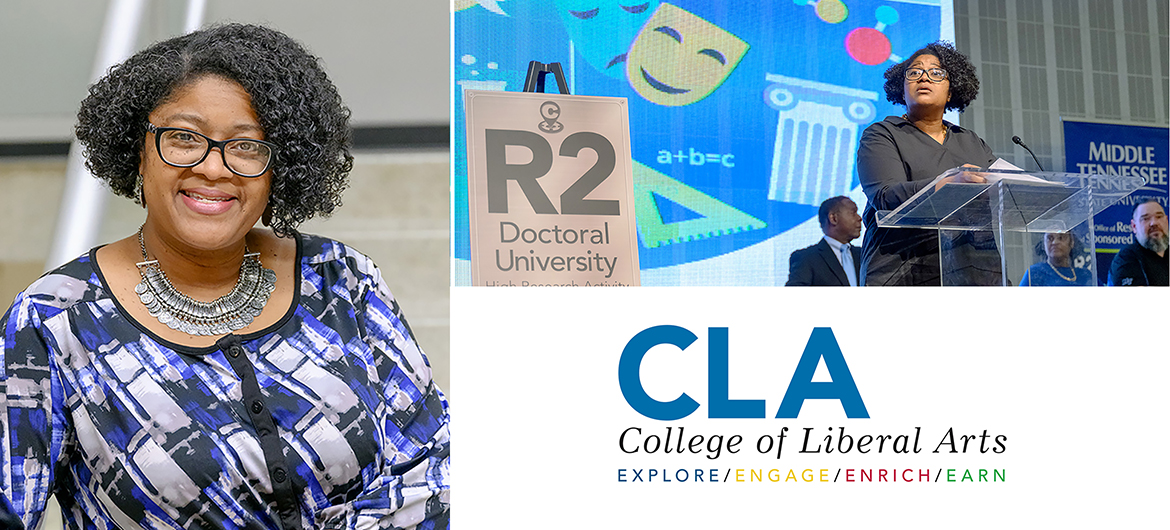
COMMENTS ARE OFF THIS POST